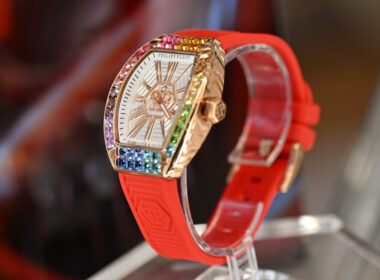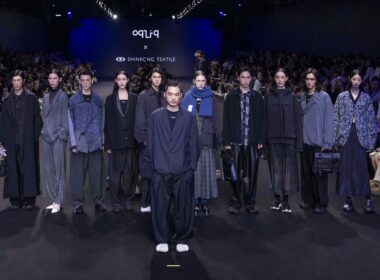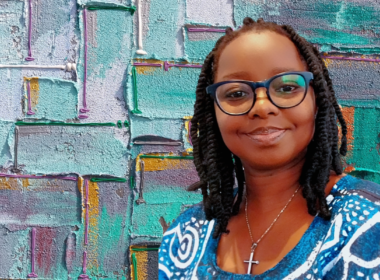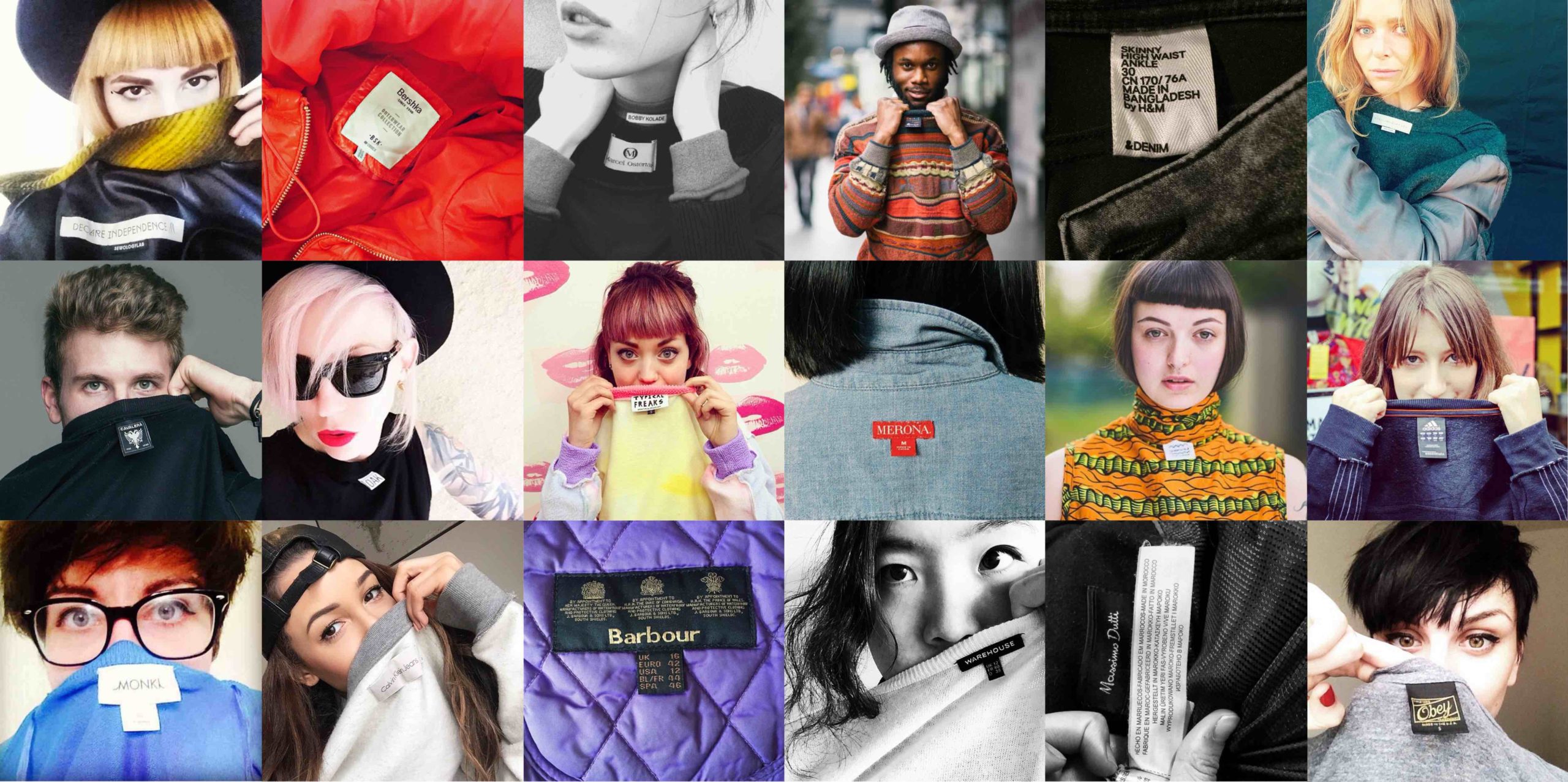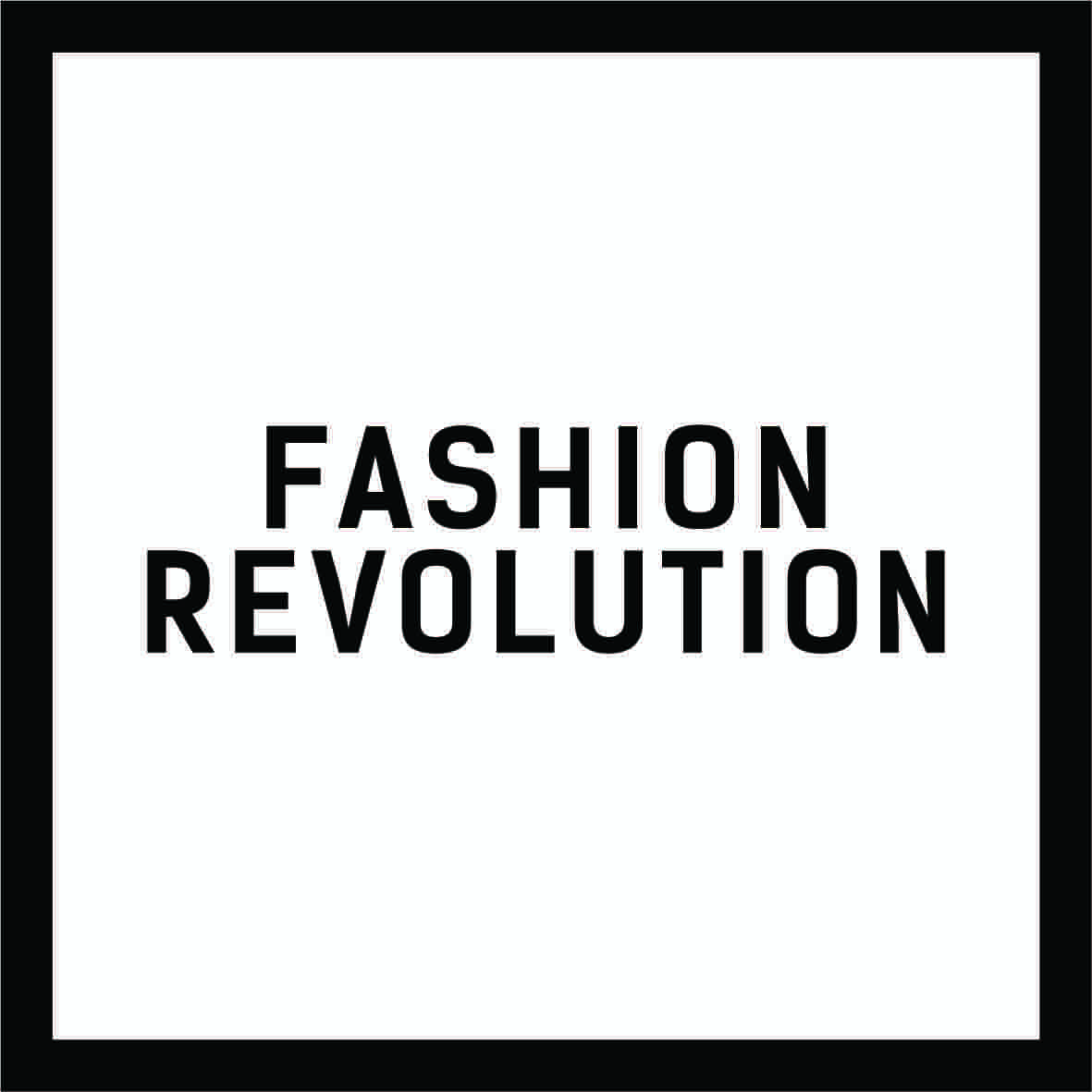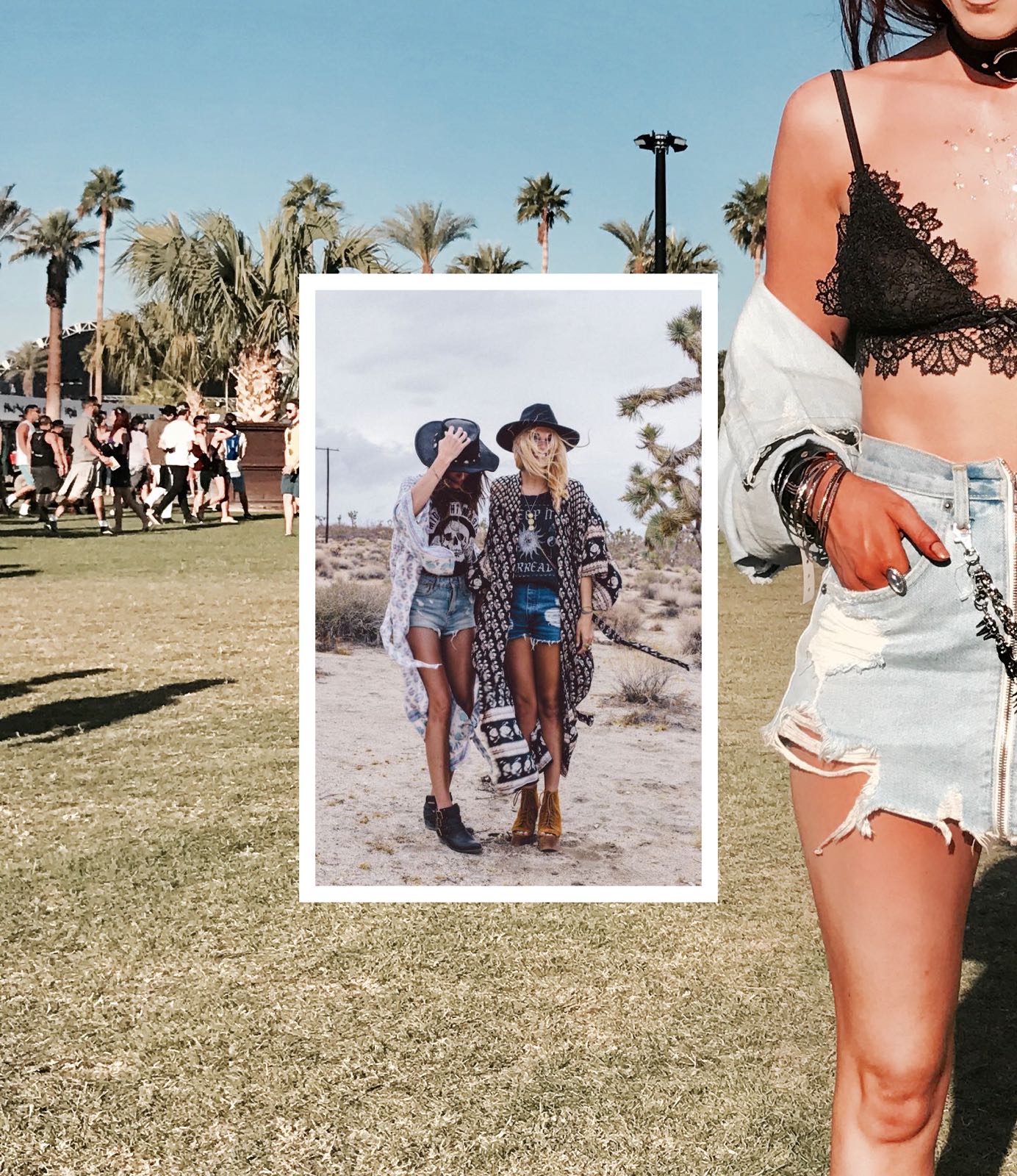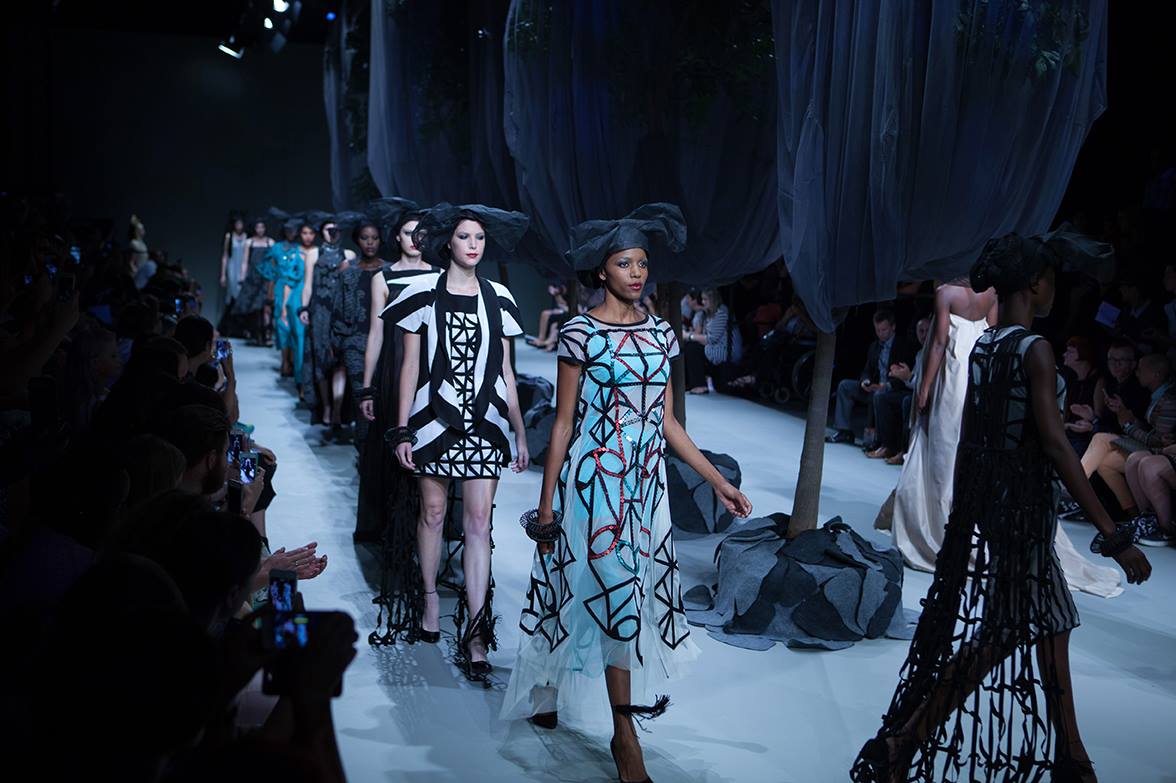Have you ever thought about who makes the clothes you wear? By that, I don’t mean the brands, but the actual people who make the clothes. Until a while ago I haven’t either, and then I stumbled upon a story about a disaster that happened in Bangladesh five years ago.
A factory complex called the Rana Plaza collapsed and 1138 people (mostly young women) died while another 2500 were injured. Inside the building were five different garment factories, all manufacturing clothes for some of the global brands we all love and wear. Despite the fact that in the days before the accident workers noted that cracks that appeared on the walls of Rana Plaza, they were forced to go back to work. That struck me. I realized then that I have never thought about the way people who made my clothes were treated and what their lives were like. I was just interested in the beautiful final product I saw in the stores.
Two years later I can proudly say I am now one of the Country Coordinators for Fashion Revolution, the world’s largest fashion activism movement calling for a fairer, safer, cleaner, more transparent fashion industry. In the past period, I have learned that the fashion industry is the second largest polluter of our planet. The vast quantity of the clothes produced each year is damaging our soil, polluting our rivers and harming the people that sew the clothes we wear. The majority of workers that make our clothes live in great poverty and are unable to afford life’s basic necessities. But, I have also learned that there is a lot that we all can do.
This week we mark the 5th year anniversary of the Rana Plaza factory collapse and 5 years since Fashion Revolution was born. During that time, millions of people have joined Fashion Revolution to demand a fairer, more transparent industry. It is clear that brands are listening and we are holding them to account. To ensure they continue to listen and create the far-reaching, permanent change needed to ensure we never see a tragedy like Rana Plaza again, we need everyone to join Fashion Revolution and keep asking one simple question: Who Made My Clothes?
The #WhoMadeMyClothes campaign demands greater transparency in the fashion supply chain and is one of the most successful campaigns in the fashion industry’s history. In 2017. only, the campaign reached around 533 millions of people. The more people ask, the more brands listen. The aim of the campaign is to push brands towards a greater transparency across their supply chain and to take notice of the workers that sew clothes for them. Transparency helps to reveal the structures in place so we can better understand how to change them. Transparency shines a light on issues often kept in the dark.
To participate, you just need to take a picture of a garment with the label showing, tag the brand and to ask them #WhoMadeMyClothes. Be the first fashion revolutionary in your community and spread the word about the Fashion Revolution cause. Some of the most noted personalities in the fashion industry like Stella McCartney have already asked labels about who makes their clothes.

